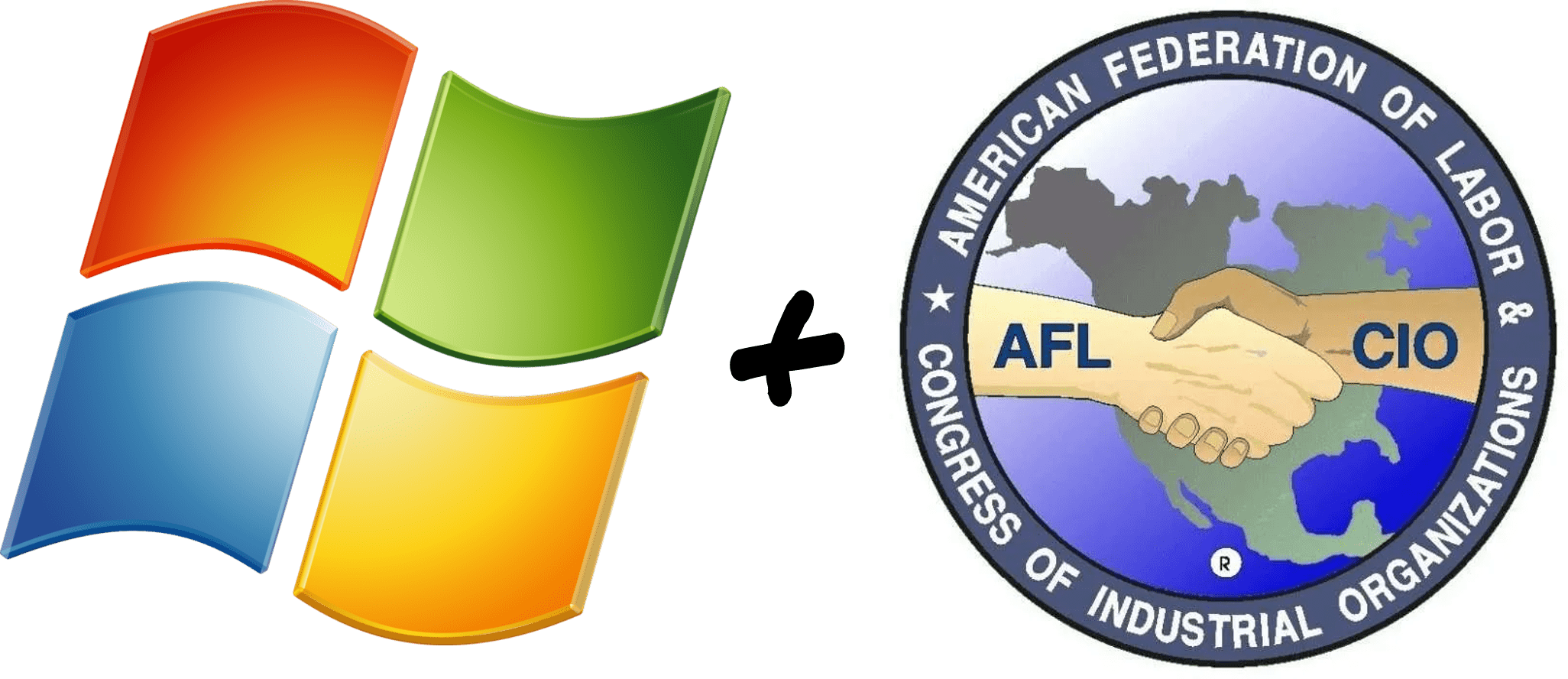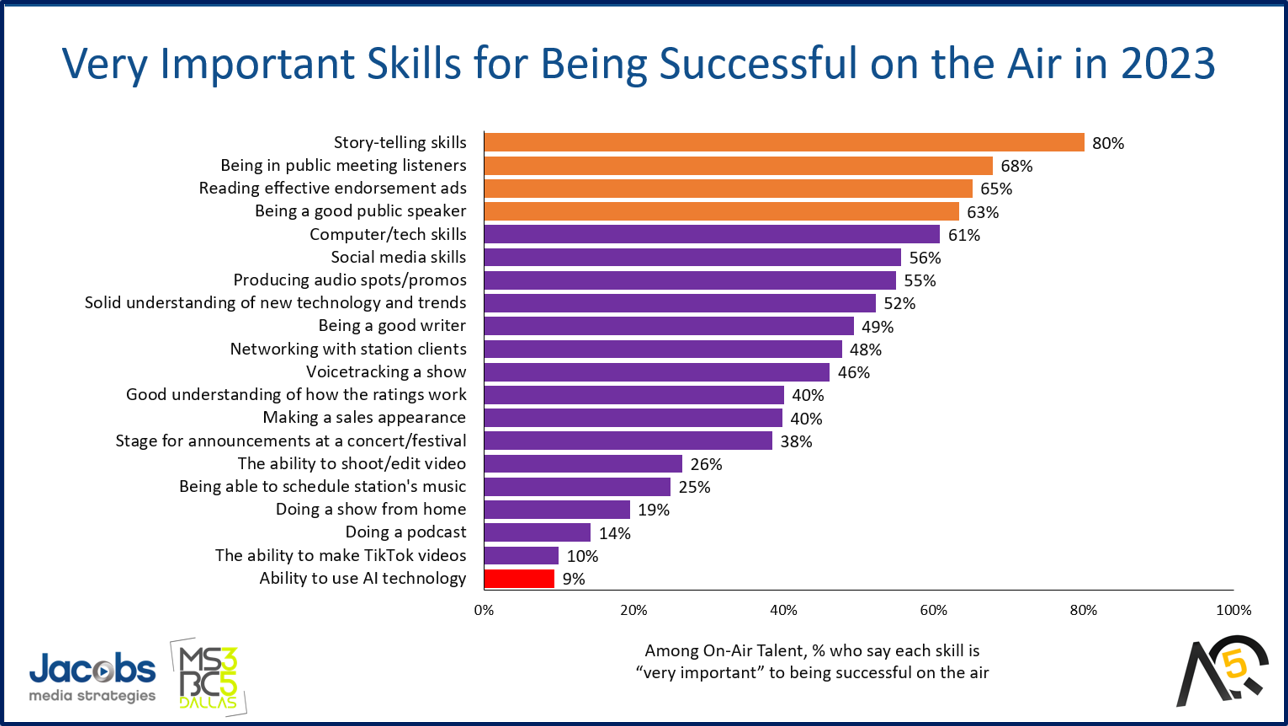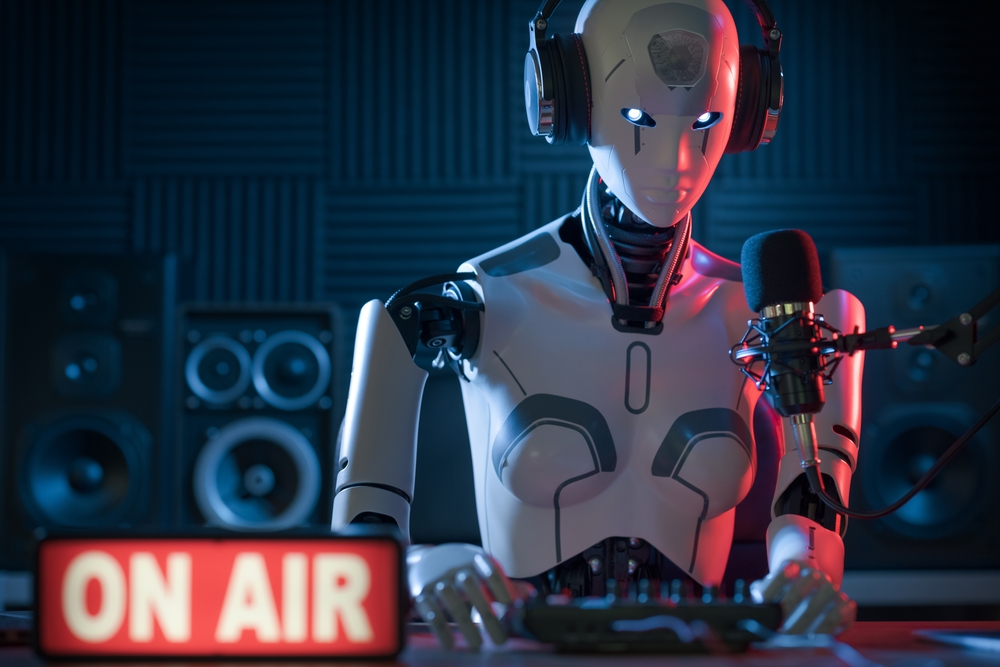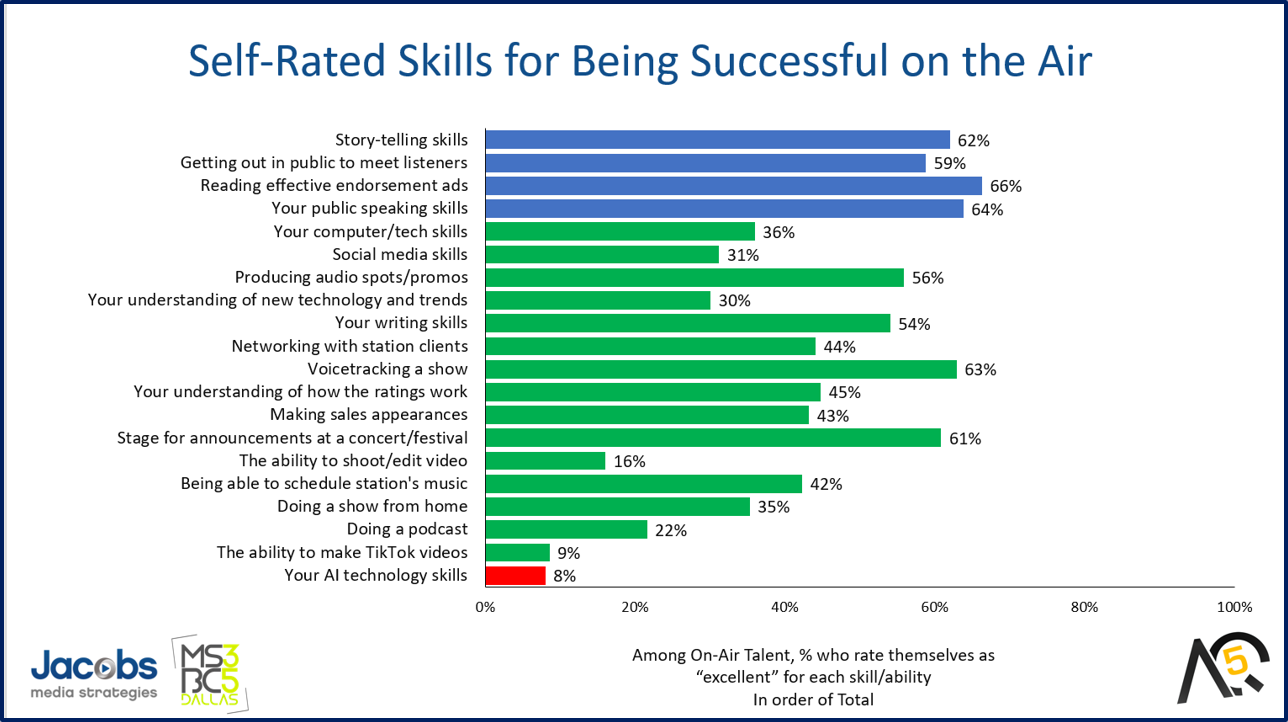
Last week, we published a post titled “Howdy Partners” about the fascinating collaborations brands, companies, and organizations are crafting to be better able to compete. I looked at the powerful connection between pop icons Taylor Swift and Beyoncé, as well as a slick marketing promotion run by Delta Airlines and Starbucks. Sometimes, these collabs are immediately logical, while with others, we scratch our heads and wonder how two very different brands ended up at the same conference room table.
That was my initial reaction when I read how America’s biggest union struck a partnership with a major tech company.
Now to put things in perspective, the AFL and the CIO joined forces nearly 70 years ago, creating the biggest organized association of workers in America. This conglomerate is actually 60 different unions, including the American Federation of Teachers (AFT) and the American Federation of State, County and Municipal Employees (AFSCME). All told, the massive AFL-CIO is 12 million members strong.
And yesterday, Axios announced they had formed an alliance with an unlikely partner – one of the biggest tech companies in the world.
Microsoft
But here’s the kicker – it’s being billed as an “AI partnership.”
If politics makes strange bedfellows, this collab between two giants – one from tech and the other born out of labor – is not one you’d expect to see in 2023. 
That got me wondering, what are these union leaders thinking? When Axios poses the same question, a closer look at the press release indicates Microsoft will share its AI information and expertise with the AFL-CIO brass as well as the rank-and-file.
As Brad Smith, Microsoft’s vice chair and president explains, “By working directly with labor leaders, we can help ensure that AI serves the country’s workers. This groundbreaking partnership honors the rights of workers, learns from the advice of labor leaders as we develop technology, and helps us provide people with the skills that will become essential in a new AI era.”
And while the tech teams at Microsoft will provide education about the in’s and out’s of AI, the relationship is two-way. The release points out how the active feedback will work, giving union members a voice in the evolution of artificial intelligence.
 “To ensure that the expertise and perspectives of workers inform the work of Microsoft’s AI developers, the partners have developed a mechanism for labor leaders and workers to share experiential insights, concerns and feedback directly to the people who develop this technology. ”
“To ensure that the expertise and perspectives of workers inform the work of Microsoft’s AI developers, the partners have developed a mechanism for labor leaders and workers to share experiential insights, concerns and feedback directly to the people who develop this technology. ”
The big takeaway is that AI is so pervasive and important, the union powers-that-be want to make sure that as this technology changes over time, their leadership and membership will keep pace with the bots.
There will be “learning sessions” starting in 2024, along with “labor summits” that will hook up AI developers with union workers.
Talk about a bold step to meet new technology and innovation head-on, especially when you consider key stumbling blocks in the SAG-AFTRA strike in Hollywood this year all revolved around AI taking jobs away from screenwriters and other craftspeople.
Rather than looking at the “dark side” of AI, the AFL-CIO is taking a forward-leaning clear-eyed approach to this cutting-edged technology, ensuring their workers are educated, dialed-in, and perhaps more valuable to companies and organizations both here in the U.S. and around the world.
It’s an exciting step for an “old school” labor organization more apt to be associated with machine tools than machine learning.
And that brings us to radio, and a key datapoint I shared with Don Anthony’s Morning Show Boot Camp audience last summer. In our AQ5 study of 500+ commercial radio air personalities in the U.S., we had our talent rate the value of having command of various skills, including voicetracking, live reads, emceeing shows, and social media skills.
And here’s what they told us were the most important skills that contribute to being successful on the air:

In first place, mentioned by eight in ten as being “very important” is story-telling skills, followed by interacting with listeners while out and about, endorsement ads, public speaking skills, and computer/tech proficiency. And in last place at #20 of 20 items?
Ability to use AI technology.
Now let’s remember that Artificial Intelligence became the industry buzzword earlier this year. And this survey was taken roughly five months ago, so it was still early days in this technology going mainstream.
Still, you’d hope that talent on the airwaves would be more cognizant of the world around them. It would also make sense for the radio companies that employ them to make it a point to discuss the power and scope of this technology.
Maybe it’s because so much of the initial AI buzz has focused on robots and algorithms replacing human air personalities. In other words, fostering an environment of fear and mistrust over how the technology will be used.
And to cap off the disconnect between on-air talent and AI skills, consider the follow-up chart – a list of skills where talent self-rate their competence levels on this same list of 20 functions. Here’s where you can see the specific skills where they give themselves “excellent” ratings:

Their ability to do endorsement ads, speak in public, and voicetrack a show is indisputable. But how do our hundreds of commercial radio personalities rate themselves on AI skills? Once again, 20 out of 20, just below making TikTok videos. A paltry 8% say they’ve become “excellent” at mastering AI.
These AQ5 charts put the collaboration between Microsoft and the AFL-CIO in perspective. It ought to send a bold message to working class Americans, as well as professionals whose collars are white about the growing importance of artificial technology in our lives.. AI matters, it’s important, and to turn away from its rapid growth and possible career impact isn’t dissimilar to those who resisted how to use a computer, program a VCR, and download apps.
This is a boat none of us can afford to miss. Particularly, those of us in radio.
Our previews with the Consumer Technology Association crew have made it clear that AI will play a major role in our tour of CES 2024. We’ll see it applied again and again by companies throughout the Las Vegas Convention Center. If you want to join us for the tour at CES, time is of the essence. Please visit us here.
- What To Do If Your Radio Station Goes Through A Midlife Crisis - April 25, 2025
- A 2020 Lesson?It Could All Be Gone In A Flash - April 24, 2025
- How AI Can Give Radio Personalities More…PERSONALITY - April 23, 2025




What I found most interesting about this announcement was Microsoft’s agreement not to oppose employee efforts to organize at Microsoft companies–which is already forbidden by federal law (ie, respecting the right of employees, without interference, to join a union or to refrain from joining). A classic case of giving away the sleeves off your vest. Still, because the penalties for violation are negligible, it’s worth watching.
Thanks for drawing attention to that, John.
The most important thing to know about AI is that it’s built on data, and who controls that data is of the utmost importance. We all know how spreadsheet jockeys have affected radio. AI is that spreadsheet on steroids. Like most computer applications, the acronym GIGO – Garbage In, Garbage Out – is critical. The data that you use to train AI will be extrapolated to create its finished product. So far, what I’ve heard is not impressive. Humans are still markedly better at relating to other humans.
To put it another way, “AI is good at looking at existing materials, but if you ask it to do breakthrough work and that kind of thinking, it can’t do it[….] That’s where humans come in.”
https://www.odwyerpr.com/story/public/20549/2023-12-11/ais-place-your-pr-agency.html
Thanks for this, Brian. It’s a fascinating topic that will continue to demand smart thinkers use as much of their brains as possible. If AI elimintes some of the deudgery, we might all have more time to do whaat we do best.
To kinda tag on to what Brian Walker posted.
I think, none other than Larry Lujack, made the point to go look out the window before you give the weather forecast.
I’d never use a typewriter again after using a word processing program. And I’ll give AI the same latitude.
But something can said for Uncle Lar’s point.
But what about L’il Tommy?